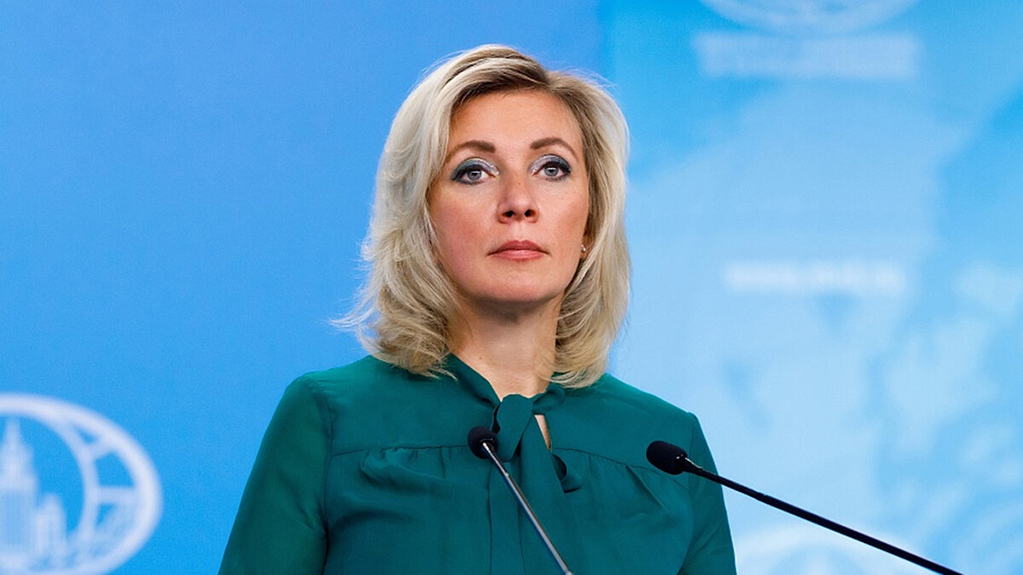The official representative of the Russian Ministry of Foreign Affairs, Maria Zakharova, stated that the guarantee for avoiding a repetition of the tragic events of 2008 is the development of an agreement on the non-use of force between Tbilisi, Sokhumi, and Tskhinvali, as well as the initiation of the process for delimiting the "state borders."
News
On the 16th anniversary of the 2008 Russia-Georgia war, Maria Zakharova addressed the crimes committed by Mikheil Saakashvili, comparing him to the ruling party of Georgia, Georgian Dream.
"This criminal adventure of the ex-president of Georgia, which resulted in numerous victims among civilians and Russian peacekeepers, left Russia with no choice but to compel the aggressor to peace and then to recognize Abkhazia and South Ossetia as independent states," Zakharova said.
Zakharova emphasized the importance of the international discussions in Geneva that began in 2008, noting that it is largely due to the mechanism created within this framework that relative peace on the borders of the three states is maintained and emerging centers of tension are contained.
"However, we believe that the discussion participants should leverage their potential more effectively, primarily by beginning to develop an agreement on the non-use of force between Tbilisi on one side and Sokhumi and Tskhinvali on the other. We view such legal commitments as a reliable guarantee against a repetition of the tragic events of August 2008. The initiation of the delimitation process for the state borders between Georgia-South Ossetia and Georgia-Abkhazia, followed by further demarcation, should make a tangible contribution to stabilizing the situation in the border areas," Zakharova said.
She also noted that the urgency of these tasks has been increasing recently due to "Washington and its allies intensifying their efforts to exploit intra-regional contradictions to escalate the situation at Russia's borders."
"Russia is ready to continue engaging with those who are concerned about the fate of the South Caucasus, including providing comprehensive assistance in developing dialogue between Tbilisi, Sokhumi, and Tskhinvali to establish long-term peace and address other accumulated problems in their common region," Maria Zakharova concluded.















